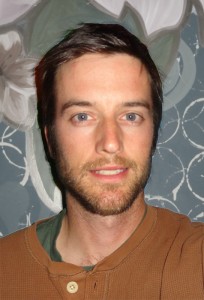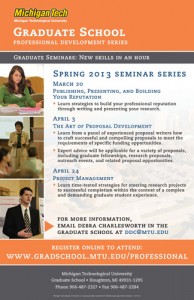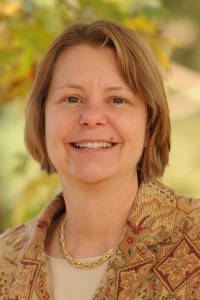Facilitators are an important part of the Graduate School’s orientation. They lead discussion at a table with seven new graduate students, and help to answer their questions. Faculty, staff, and graduate students are invited to participate this fall and help mentor the next group of scholars at Michigan Tech.
New facilitators will attend a training session on either August 22, 10 a.m.-noon, or August 26, 1-3 p.m. The training will ensure everyone is comfortable and confident with the material being presented.
All facilitators will participate in orientation, 1-4:30 p.m. on August 28. Please note that this is a time change from previous years, designed to accommodate students’ requests for an afternoon start.
To participate, please register online so we can include you in reminders and important notices as we get closer to the day:
http://www.gradschool2.mtu.edu/registration/events/index.php?session_id=171 .
Do you have questions? Contact Deb Charlesworth (ddc@mtu.edu) or Kristi Isaacson(kris@mtu.edu) for more information.
Published in Tech Today


